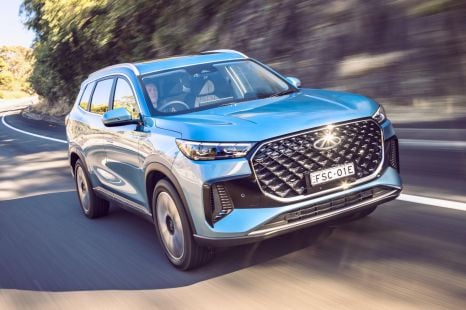

Max Davies
4 Days Ago

Contributor
Ford and Volkswagen have laid out how their alliance will be set up, almost two years after announcing the plan to work together on commercial vehicles.
The alliance has since expanded to include electric vehicles.
Under the strategic alliance, Ford will lead development of the next-generation Ranger and Amarok dual-cab utes. Although it will look unique, the Amarok will be “engineered and built” by Ford. It’ll launch in 2022.
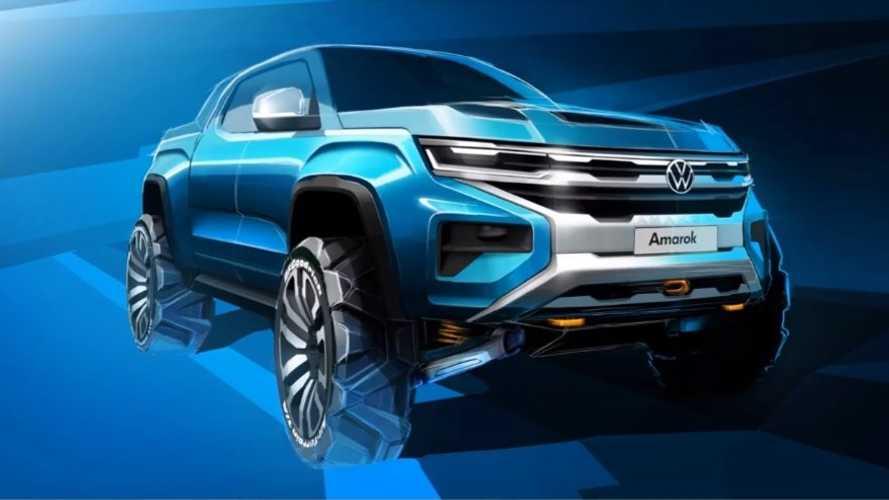
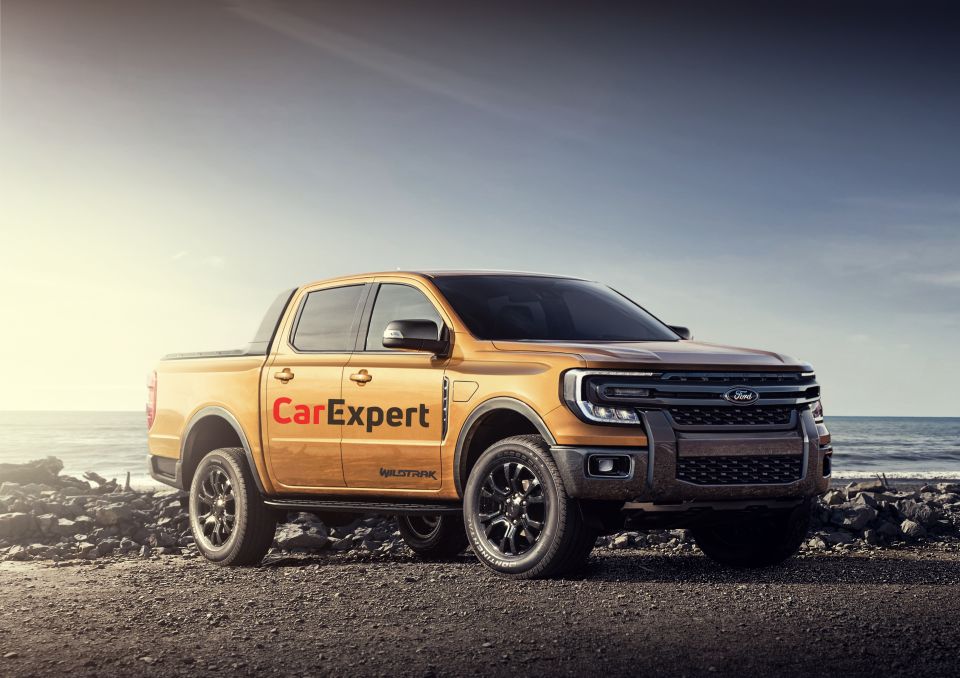
Ford will also lead the charge on the Transit-sized one-tonne cargo van.
Volkswagen will develop a small city van such as the Caddy for the alliance, set to be built by the German company at its Polish plant from 2021.
Volkswagen will also supply its MEB electric platform for Ford to use as a base for an electric vehicle.
The upshot of this, is both brands will have a small (Volkswagen Caddy-sized) van, a one-tonne (Ford Transit-sized) van, and a mid-sized pickup (Ranger and Amarok) out of the alliance, while Ford will also have the base for one electric vehicle set to launch in 2023.
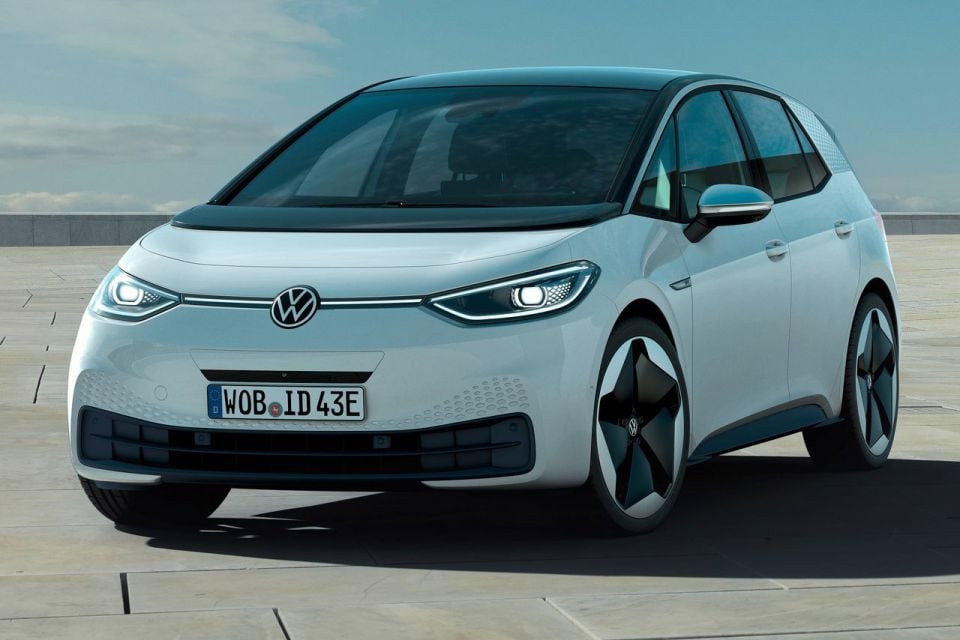
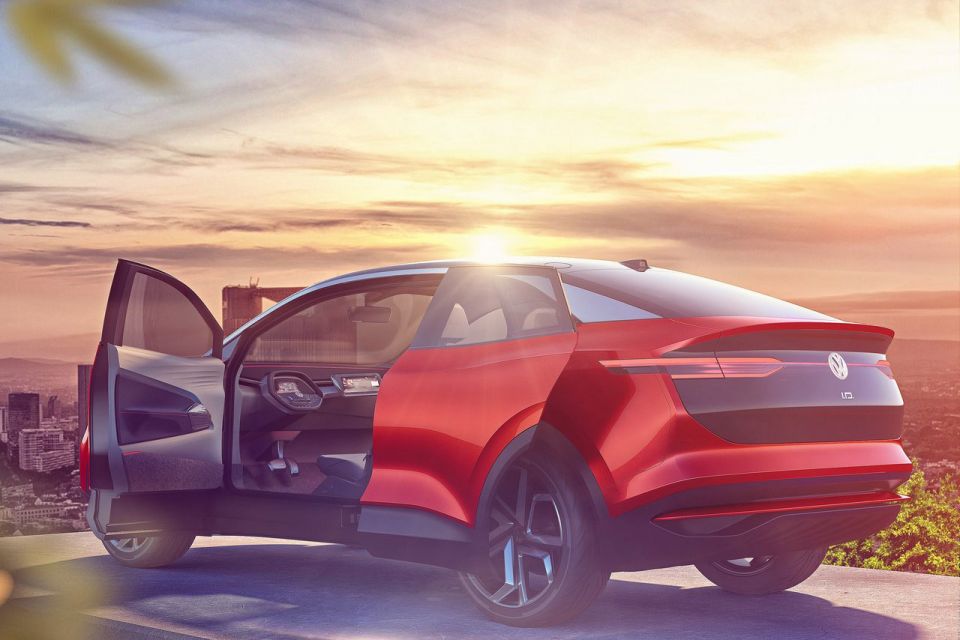
The pairing is expected to deliver a combined 8 million commercial vehicles, with Ford to build a further 600,000 electric vehicles each year on the MEB platform.
Unlike other significant automotive partnerships such as the Renault-Nissan-Mitsubishi Alliance, cross ownership isn’t a part of the deal between Ford and Volkswagen. The two will remain competitors.
“In light of the COVID-19 pandemic and its impacts on the global economy, more than ever it is vital to set up resilient alliances between strong companies,” said Volkswagen Group CEO, Herbert Diess.
“This collaboration will efficiently drive down development costs, allowing broader global distribution of electric and commercial vehicles, and enhance the positions of both companies.”
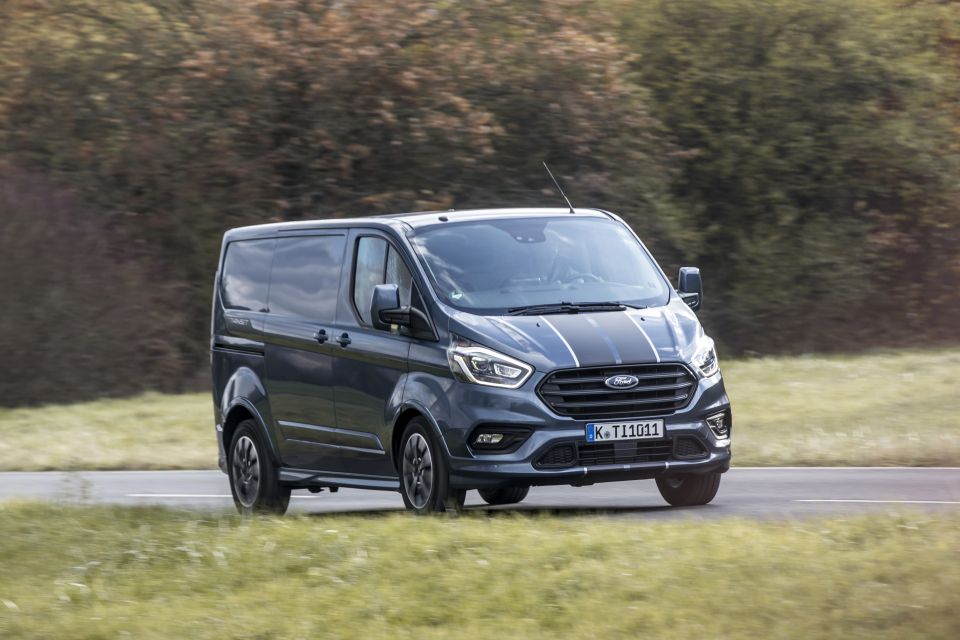
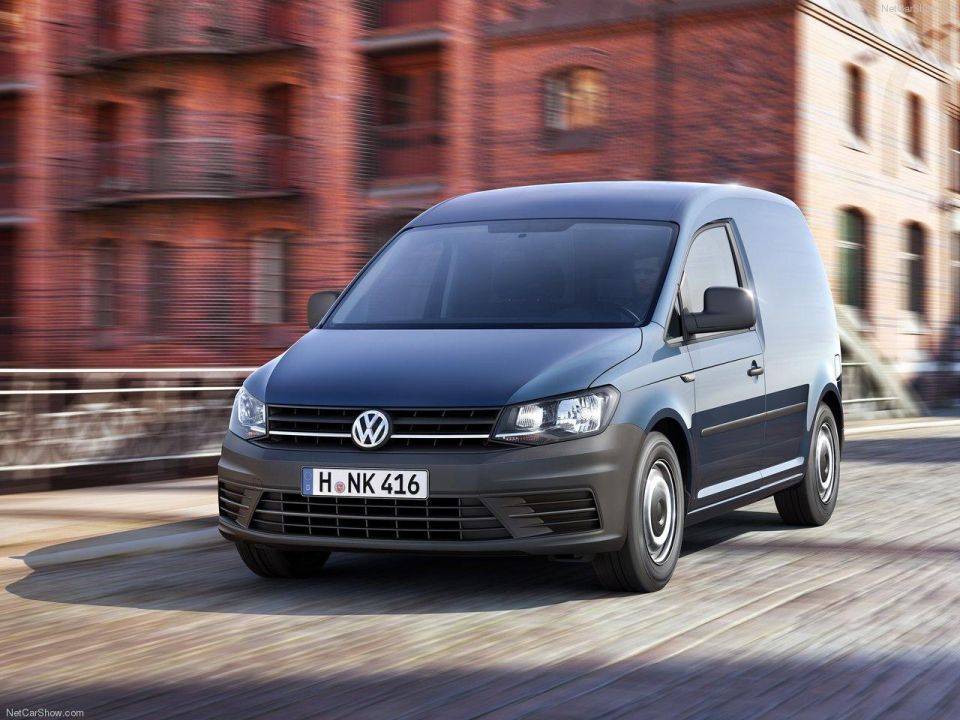
Ford CEO Jim Hackett said: “This alliance comes at a time of tremendous enthusiasm about the intersection of increasingly intelligent, connected vehicles in an ever-smarter world.”
“This creates a huge opportunity to innovate and solve many of the world’s transportation challenges and deliver extraordinary benefits to customers – even as companies need to be selective about how they use their cash.”
CarExpert helps new car buyers save thousands with expert reviews, honest advice, and transparent pricing – no dealer pressure and no sales games.
Scott Collie is an automotive journalist based in Melbourne, Australia. Scott studied journalism at RMIT University and, after a lifelong obsession with everything automotive, started covering the car industry shortly afterwards. He has a passion for travel, and is an avid Melbourne Demons supporter.


Max Davies
4 Days Ago
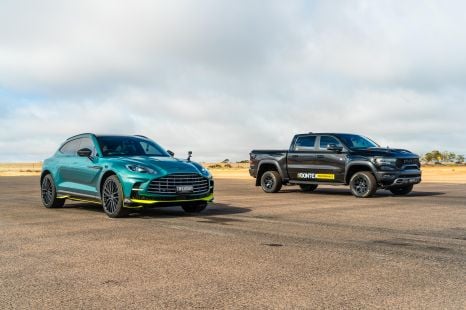

Paul Maric
4 Days Ago
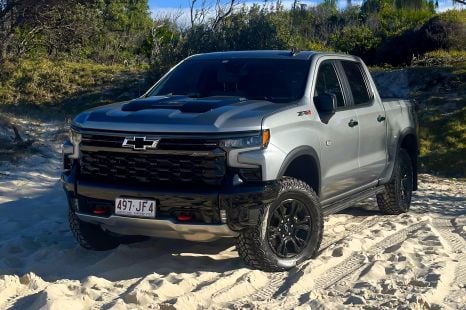

William Stopford
4 Days Ago
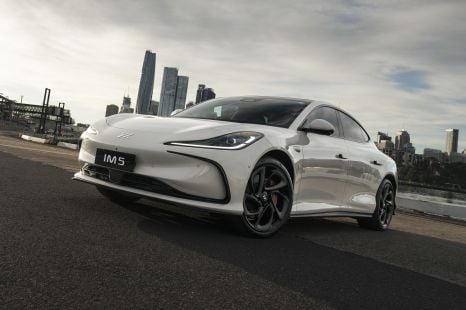

William Stopford
3 Days Ago
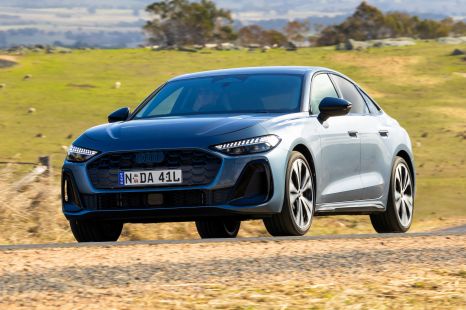

James Wong
2 Days Ago
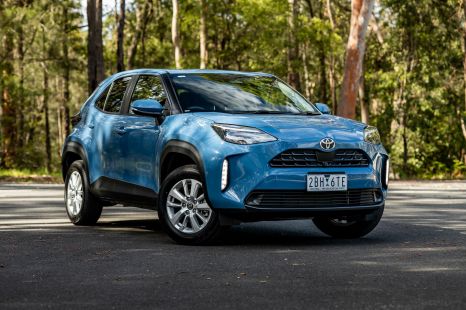

Matt Campbell
18 Hours Ago